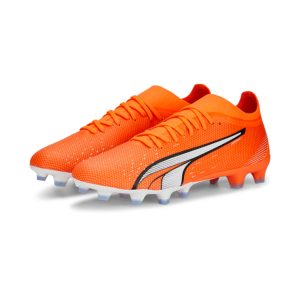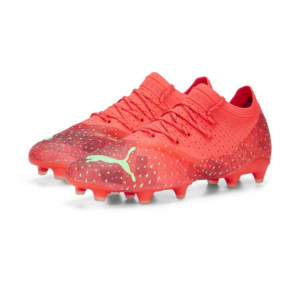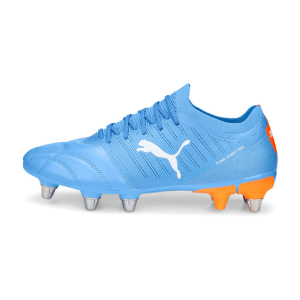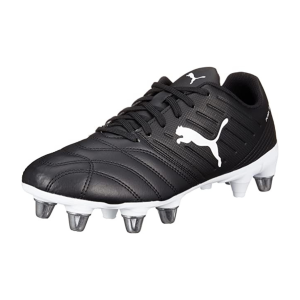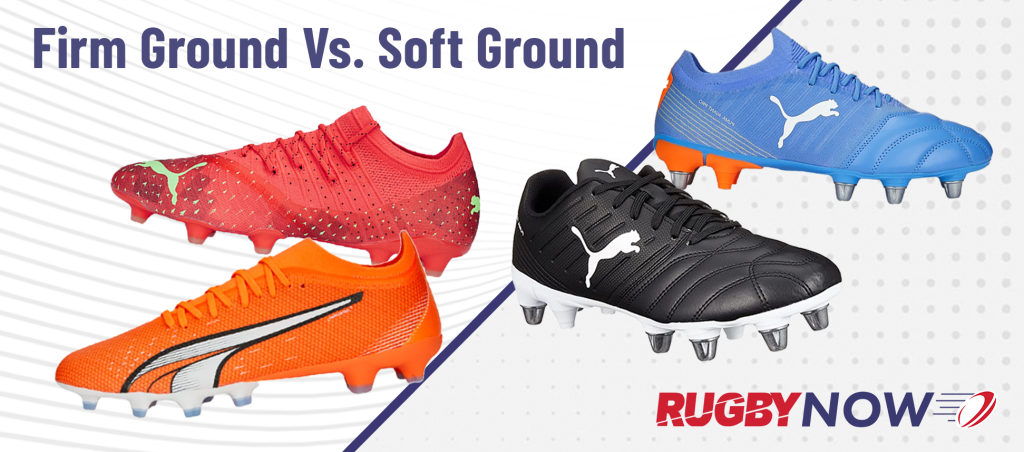
When it comes to rugby, the right pair of cleats can make a huge difference in a player’s performance. Rugby cleats come in a variety of styles and shapes, but the two most common ways to different cleats are FG (firm ground) and SG (soft ground) cleats. Both types of cleats have their own advantages and disadvantages, and the choice between the two depends on the player’s position, playing style, and the conditions of the field.
Firm ground (FG) cleats are designed for use on dry, firm playing surfaces (Well groomed grass field/Turf). They have shorter studs, which provide a lower profile and better traction on hard ground. FG cleats are suitable for most positions, but they are particularly popular among backs and agility based positions who need to be able to change direction quickly and maintain stability when sprinting. Additionally, loose forwards who play in the back row may prefer FG cleats as they offer greater stability getting around the field.
Soft ground (SG) cleats, on the other hand, are designed for use on wet, muddy, or soft playing surfaces. They have longer, more widely spaced studs, which help to prevent players from getting stuck in the mud. SG cleats are ideal for forwards who need to be able to push through the scrum and maintain their footing in muddy conditions. They are also a popular choice for players who play in the back row, as they offer greater stability when tackling, in addition to Line-out roles.
It’s important to note that the choice of cleats also depends on the player’s personal preference and playing style. Some players prefer to wear FG cleats even on soft ground, while others prefer the extra grip and stability offered by SG cleats. Ultimately, the choice of cleats comes down to personal preference, position, and the conditions of the field. By choosing the right pair of cleats, players can help to reduce their risk of injury and improve their performance on the pitch.

